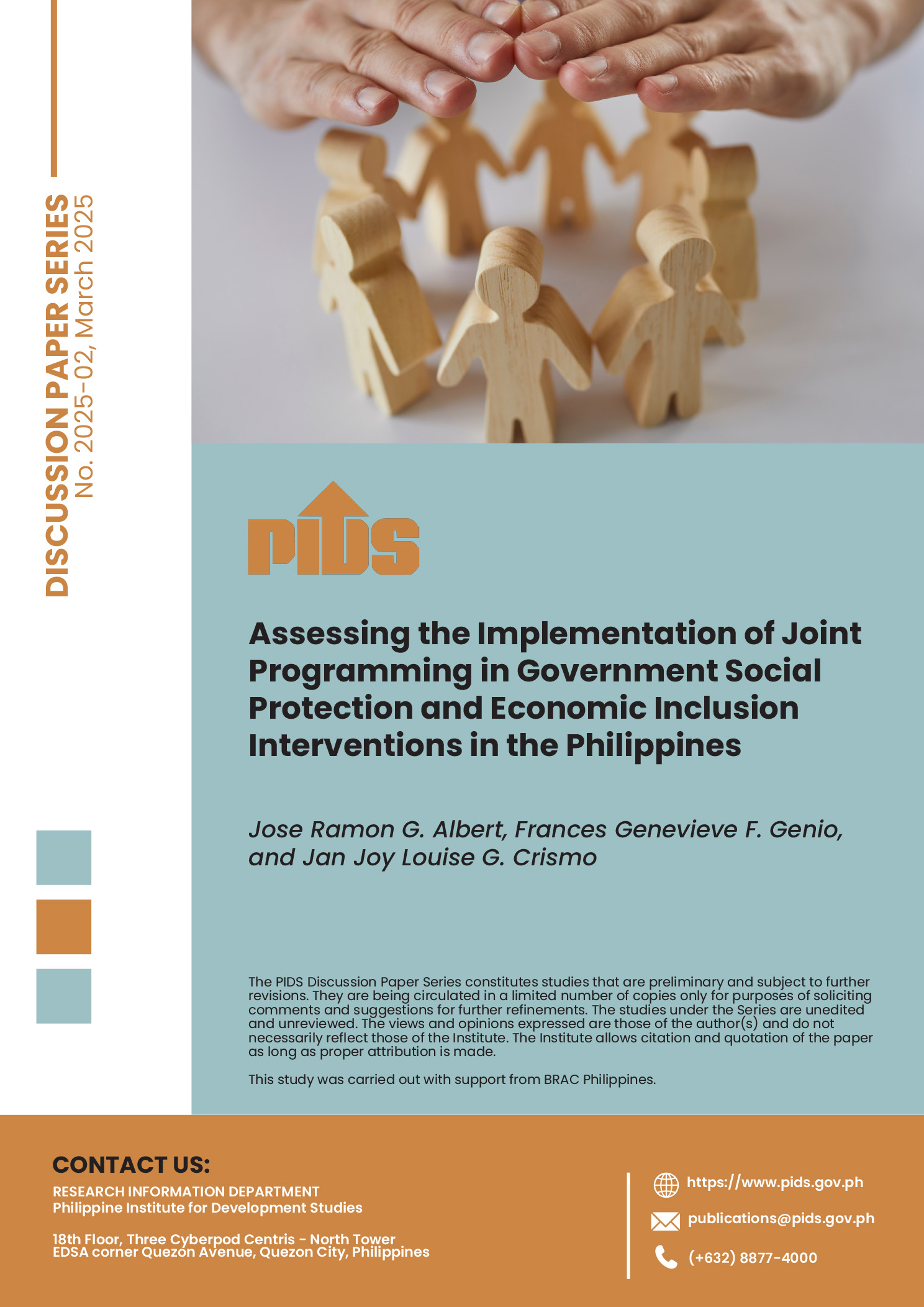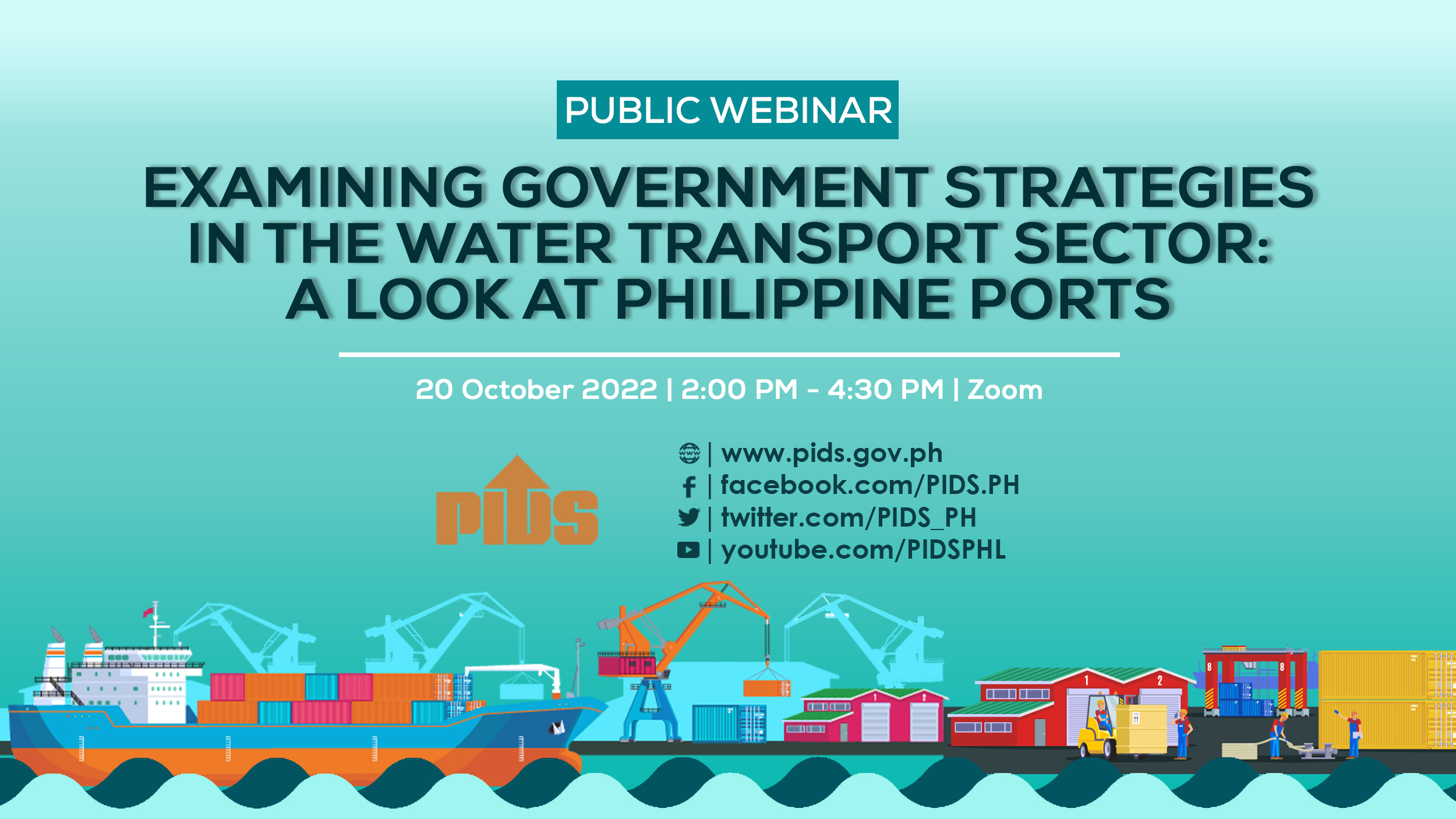To better prepare for the upcoming free trade market in 2015, the Philippines needs to attract more investment to be able to modernize international ports and shipping infrastructure. Philippine Institute for Development Studies (PIDS) senior research fellow Adoracion Navarro said the country has to prepare for the ASEAN economic integration especially in terms of infrastructure and logistics since these are considered vital in the free flow of goods and services, e-commerce, infrastructure development, enhanced participation in global supply networks. He shared that reforms in the maritime transport are challenged with the concentrated presence of industry players with weak incentives to modernize and become competitive. This factor impedes the domestic shipping industry from meeting the standards and quality required of 21st century ocean-going vessels. "The Philippine experience shows how hard it is to introduce policy reforms in an industry that is dominated by few firms, which exhibit oligarchic behavior, and where there are institutional weaknesses,” he said. It was before the 1990s that the maritime transport routes were highly monopolized. Major reforms that took place in the past 30 years included the liberalization of route entry and deregulation of shipping rates. Navarro further cited that the Philippines has to review the cabotage policy to address the need for more competitive transport and logistics in the country. He said that cabotage is considered to be one of the major issues to be addressed in relation to the liberalization of maritime transport services in the Philippines. Cabotage restriction is defined as a general legislation that governs maritime transport in accordance to Republic Act 9295 or the Domestic Shipping Development Act of 2004. This law also provides the legal basis for cabotage restriction that states that no foreign vessel shall be allowed to transport passengers or cargo between Philippine ports, except upon the grant of Special Permit by the Maritime Industry Authority (MARINA).
Phl needs to upgrade ports and shipping infrastructure












